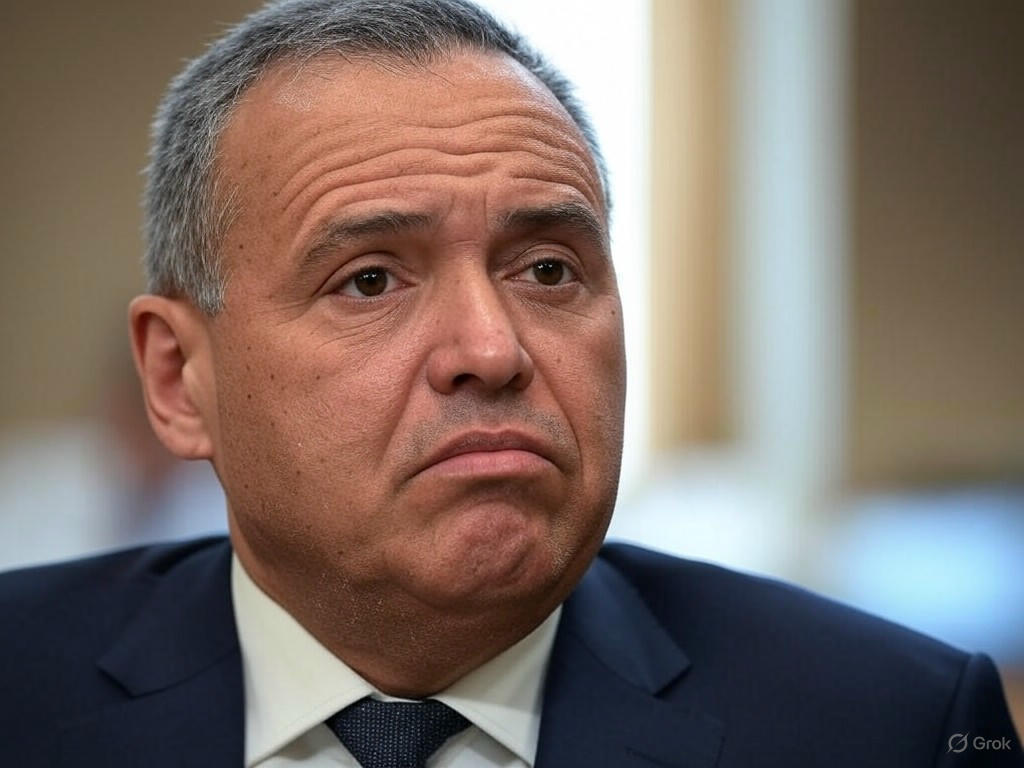In a striking development on the global stage, the United Nations human rights chief has publicly urged the United States to reconsider its recent decision to impose sanctions on four judges of the International Criminal Court (ICC). The sanctions, announced by the US government, were justified as a response to what it described as unfair and baseless actions by the ICC against both American and Israeli interests. This move has sparked a heated debate about the balance between national sovereignty and international justice, raising questions about the future of global accountability mechanisms.
The controversy stems from the US government’s assertion that the ICC overstepped its authority by pursuing investigations that Washington deems unjustified. While the specific details of the cases remain under wraps, the US has made it clear that it views the court’s actions as a direct challenge to its autonomy and that of its allies. By targeting the judges with financial penalties and travel restrictions, the US aims to send a strong message against what it perceives as overreach. However, this decision has drawn sharp criticism from human rights advocates and international bodies who argue that such measures undermine the independence of the judiciary and the rule of law on a global scale.
The UN human rights chief emphasized that the ICC plays a critical role in addressing atrocities and ensuring justice for victims of war crimes and crimes against humanity. By imposing sanctions on the court’s judges, the US risks setting a dangerous precedent, potentially discouraging judicial independence and deterring officials from taking on sensitive cases. The UN official called for dialogue between the US and the ICC to resolve underlying tensions, stressing that punitive actions against judges could erode trust in international institutions at a time when global cooperation is more vital than ever. Furthermore, the statement highlighted the need to protect the integrity of judicial processes from political interference, urging all nations to respect the principles of fairness and impartiality that underpin the ICC’s mission.
Critics of the US sanctions argue that this approach could alienate allies and weaken the country’s standing as a champion of human rights. They point out that the ICC, while imperfect, remains one of the few mechanisms available to hold powerful actors accountable in conflicts where national courts fail to act. On the other hand, supporters of the sanctions contend that the ICC has at times acted with bias, disproportionately targeting certain nations while ignoring others. This debate reflects a deeper divide over how international justice should be administered and who gets to define its boundaries.
As this situation unfolds, the world watches closely to see whether the US will heed the UN’s call to retract the sanctions or double down on its stance. The outcome could have far-reaching implications for the ICC’s credibility and the broader pursuit of justice in an increasingly polarized world. For now, the clash between national interests and global accountability remains unresolved, leaving the future of international law in a precarious balance.
